Bebo chief reveals plan to take on Facebook and Twitter
- Published
- comments
WATCH: Michael Birch said the "temptation was too great" not to relaunch Bebo
Bebo's co-founder plans to relaunch the social network with a focus on profiles and "real-time" interactions between friends rather than the news feeds at the core of Twitter and Facebook.
Michael Birch says his aim is to provide a "refreshing break" from the misinformation spread elsewhere.
In an exclusive interview, he told the BBC he was coding the effort himself.
And while he has high hopes, he acknowledges the odds are stacked against him.
Bebo - an acronym for "blog early, blog often" - was once the most popular network in the UK, as well as being big in Ireland, Australia and New Zealand. At its peak it had more than 40 million members.
In, 2008 Mr Birch and his wife Xochi sold the site to AOL for $850m (£623m).
They later bought it back for $1m and tried to revamp it in several ways, most recently as an e-sports streaming service, before finally selling the business on to Amazon's Twitch in 2019 for $25m.
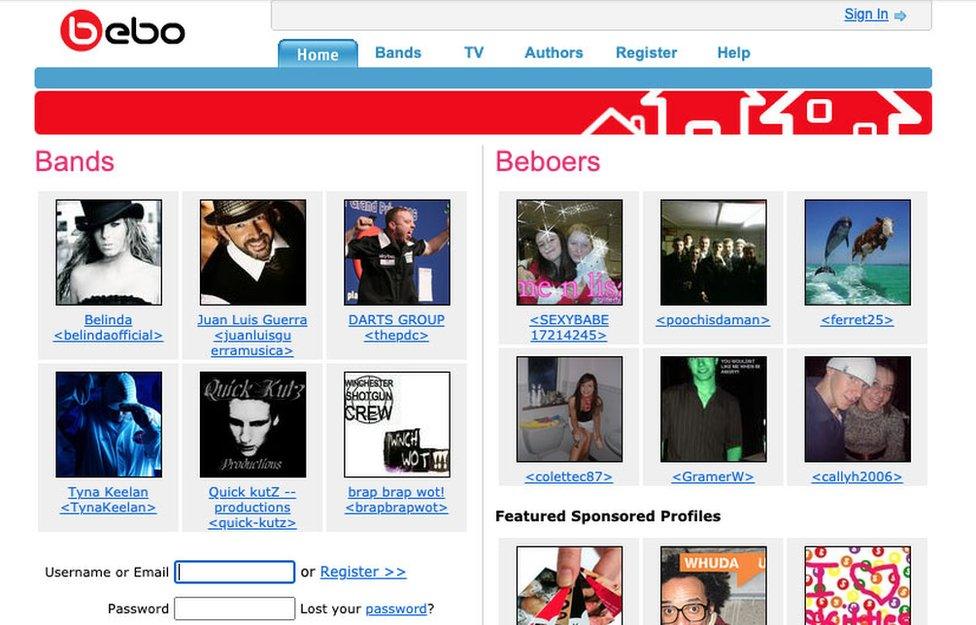
Bebo and its competitor MySpace were once the dominant social networks
However, the couple retained the rights to the brand.
And with time on his hands during the coronavirus pandemic, Mr Birch began thinking about what kind of gap there might be in the market.
"We're calling it live social networking - when you're logged into Bebo, you are aware of which other friends are online," he says, explaining his plan from his home in the British Virgin Islands.
"You can interact with them in real-time. You can comment on their photo on their profile. They'll get notified, they'll come to the photo, and they may even have a conversation under the photo.
"It's an experiment, we'll see how it how it actually does. But we think it's a more exciting way of actually connecting."
Even before he had announced plans for a relaunch, Mr Birch said Bebo's web address was attracting about one visit every three seconds despite the service being offline.
He hopes a mix of nostalgia and curiosity will attract enough early adopters to let people find friends on the regenerated site to interact with.
However, some of those familiar with the original Bebo are sceptical about its prospects.
"It's probably brave to launch a new social network in this climate when there are concerns about potential harms from misinformation spread on social media, so I hope Bebo will take its responsibilities to look after its members and their data seriously," says Kate Bevan, computing editor at Which?.
"But there's also something delightfully optimistic about this plan."
Mr Birch is not yet willing to share screenshots of the new Bebo, and for now its only online presence is a "coming soon" page advising prospective users that they will not be able to access their old accounts, and a promise that Donald Trump will be banned.
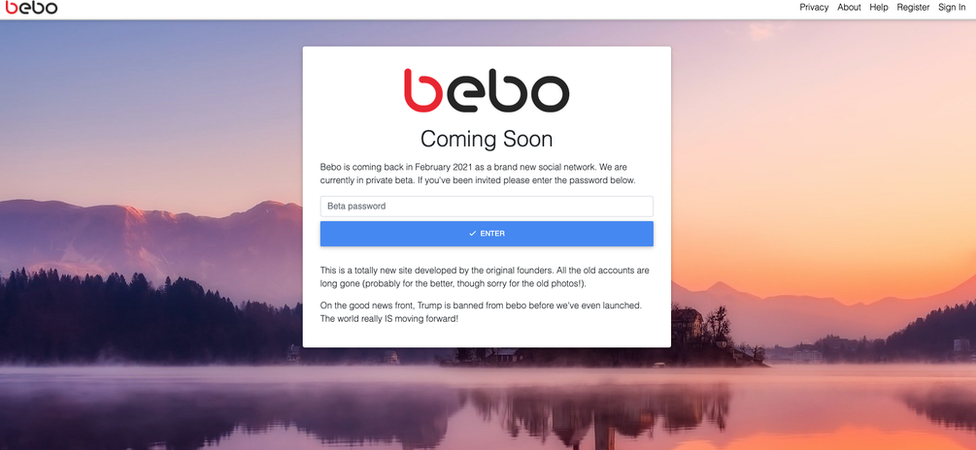
Bebo's relaunch plan trended on Twitter after Mr Birch posted this noticed to its website
But the entrepreneur says he is spending about 100 hours a week coding the platform, and plans to let the first invite-only members start trying it out before the month's end.
The following interview has been edited for brevity and clarity:
How will Bebo distinguish itself?
Now is a good time to launch another social network. Covid has had a lot of detrimental effects, but I think it sort of opened people's eyes to new things in new ways. And people are craving interaction.
We're going to do some nods to the past, but you're not going to log in and see the original Bebo as it was. But what we want to do is go back a little bit to this idea of a profile. That you have an identity you sort of take pride in. That you can visit a profile and see things that aren't just the latest news articles being shared.
On Facebook, if someone posts something to their news feed, they may have done it one minute ago - but you don't feel you're online, in this experience with that person. And that's what we're trying to achieve.
In its heyday, Bebo was the UK's biggest social network. Are you aiming for that kind of scale again?
At the moment, I'm the only one coding it. This started as a fun lockdown project to give me something to do. It certainly didn't start out as can it become as big as we used to be.
But you know, in the back of my mind is that a possibility? Of course it is. And it's a fun thing to contemplate. Do I realistically think that's going to happen? No, I don't. But it is more fun trying a thing sometimes than necessarily achieving it.
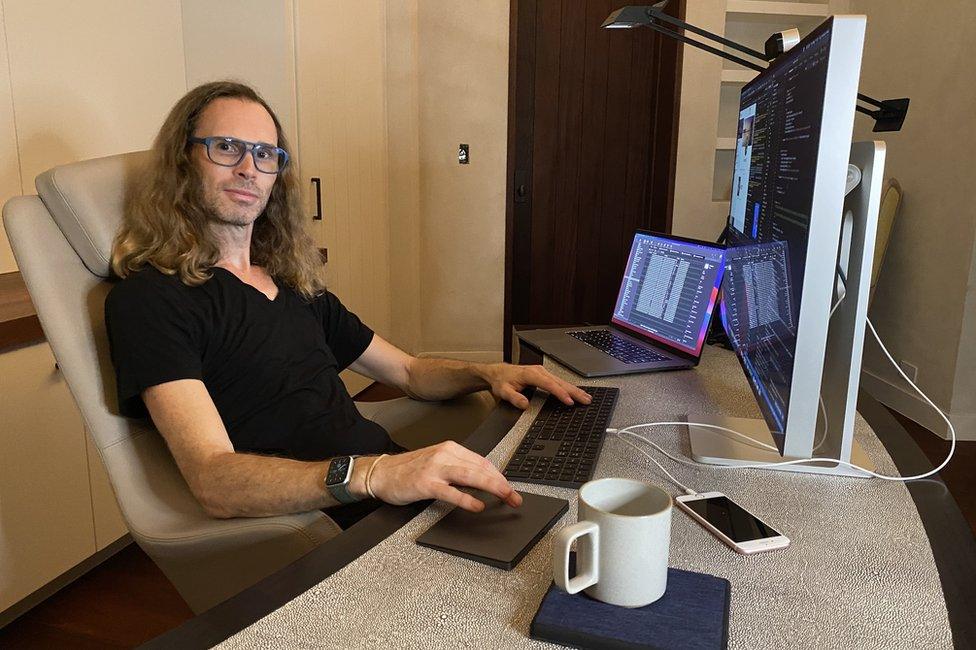
Mr Birch says he is coding 100 hours a week to get Bebo ready
Social media is in a very different place than when Bebo was first about. There's been privacy and hate speech scandals. There's lots of talk of regulation. If this takes off, do you really want to have to deal with those kinds of headaches?
That does not look like fun. Do I want to do that part of it? No. But do I have to do that part of it? Yes.
When we first did Bebo, I spent 95% of my media time talking to journalists about privacy and bullying. And those issues are still obviously as relevant today. But I think one of the most damaging things has been the spread of misinformation and people sharing things similar to what their friends believe, which self-reinforces and doesn't allow for different perspectives to be put in front of people.
We're not focusing on new sharing. But were we to go down that road and explore that, I think we'd have to think long and hard about how to avoid some of the pitfalls. For now, people may think it's a refreshing break for Bebo not to be another news feed of misinformation.
Do you think social media has done more harm than good?
I think it's possibly true. Yeah, I do.
I think social media companies are in a difficult position. Could they have handled things better? Probably. Are things easy for them to handle, and are they entirely responsible? Probably not. Some of the repercussions of social media were not obvious at the beginning.
You sold Bebo for $850 million. But Mark Zuckerberg had proposed you sell it to Facebook for stock options. Do you ever regret not having taken him up on that offer and maybe becoming one of Facebook's senior executives?
I wouldn't want to be working at Facebook. Not that it's not a great place to work. But that would be quite a stressful job.
I've been very happy with the path that we followed. Would it have been worth more money? Almost certainly. But I've enjoyed the freedom of being able to start new things on my own and having my own path.
I'm excited to have the opportunity to do Bebo again. It's very rare that you get to start something with a blank sheet of paper and rethink it from the ground up. You normally have so much legacy. In many ways it's harder to reboot a company than it is to start over.
But because such a long period of time has elapsed, we're sort of getting closer to a start-over than a reboot.
Related topics
- Published3 February 2021
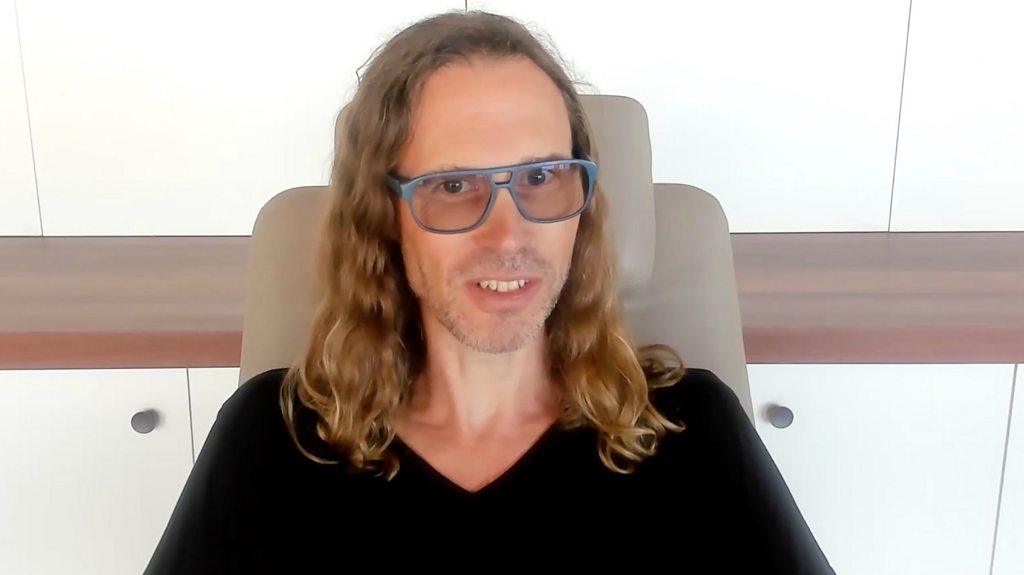
- Published16 August 2016
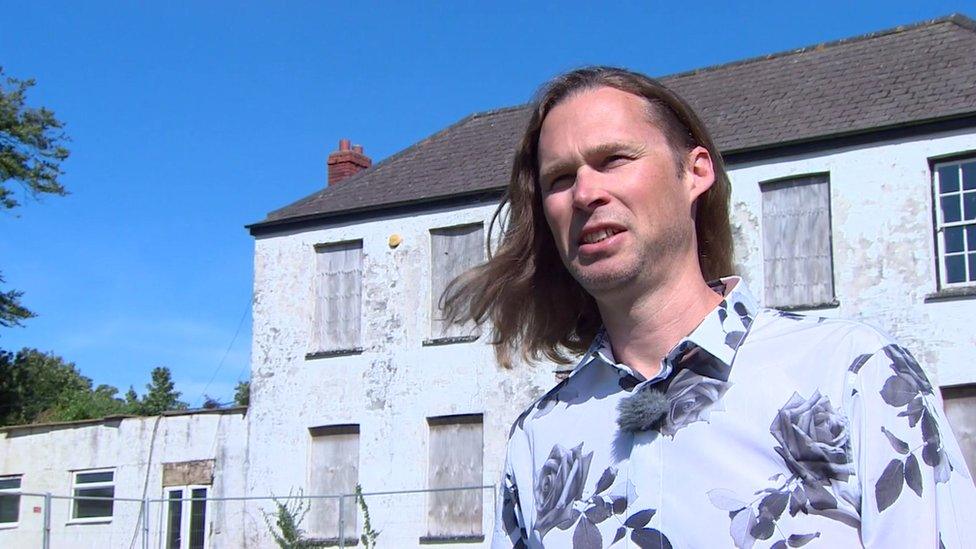
- Published2 July 2013
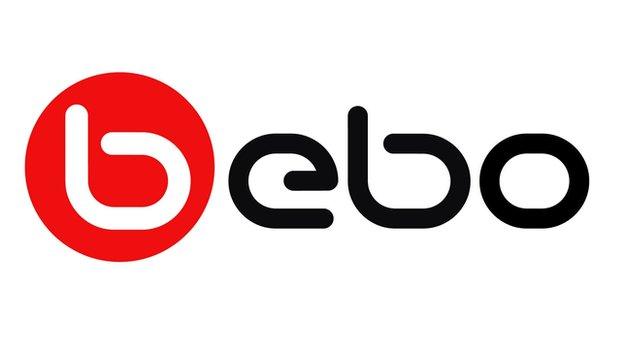
- Published31 January 2012
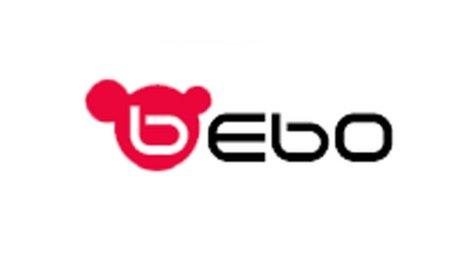
- Published17 June 2010